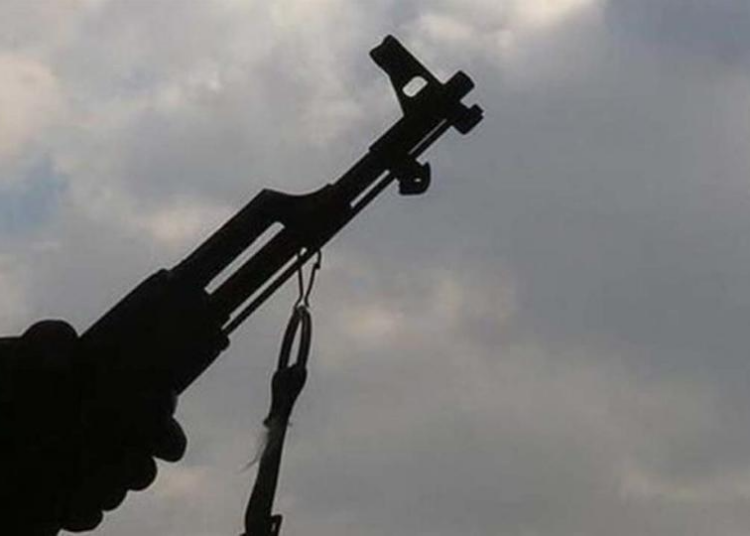Across the North East, civilian weapon possession is unexpectedly low compared to national and other regional weapons holding rates, a report from the United Nations Institute for Disarmament Research (UNIDIR) said.
The report titled ‘Factors driving weapons holding in the North East of Nigeria’ determined if former associates of Boko Haram and community security groups are retaining their weapons (or rearming later) to strengthen disarmament efforts and reduce armed violence in the region.
“Contrary to concerns, prior association with Boko Haram does not appear to be correlated with any greater likelihood of holding weapons. Former Boko Haram associates hold weapons at a slightly lower rate than unaffiliated community members”, the report found.
The UNIDIR’s Managing Exits from Armed Conflict (MEAC) findings report was based on data from three surveys conducted across the North East of Nigeria from February 2022 to November 2023.
“Overall, weapons holding is low in the North East in light of national weapons data and when compared to regional data from other conflict-affected regions in Nigeria. For example, in the Southeast region, 38 per cent of civilians are believed to hold firearms, but weapons holding more broadly is likely even higher.
“Nationwide, firearms possession in households is about 14 per cent. Despite the decade-long insurgency in Nigeria’s North East, arming of civilian community security actors and widespread illicit cross-border trafficking, reported weapons holding is considerably lower than expected (10-20 per cent depending on the survey).”
The report also stated that women and girls who had been with Boko Haram never had access to weapons.





